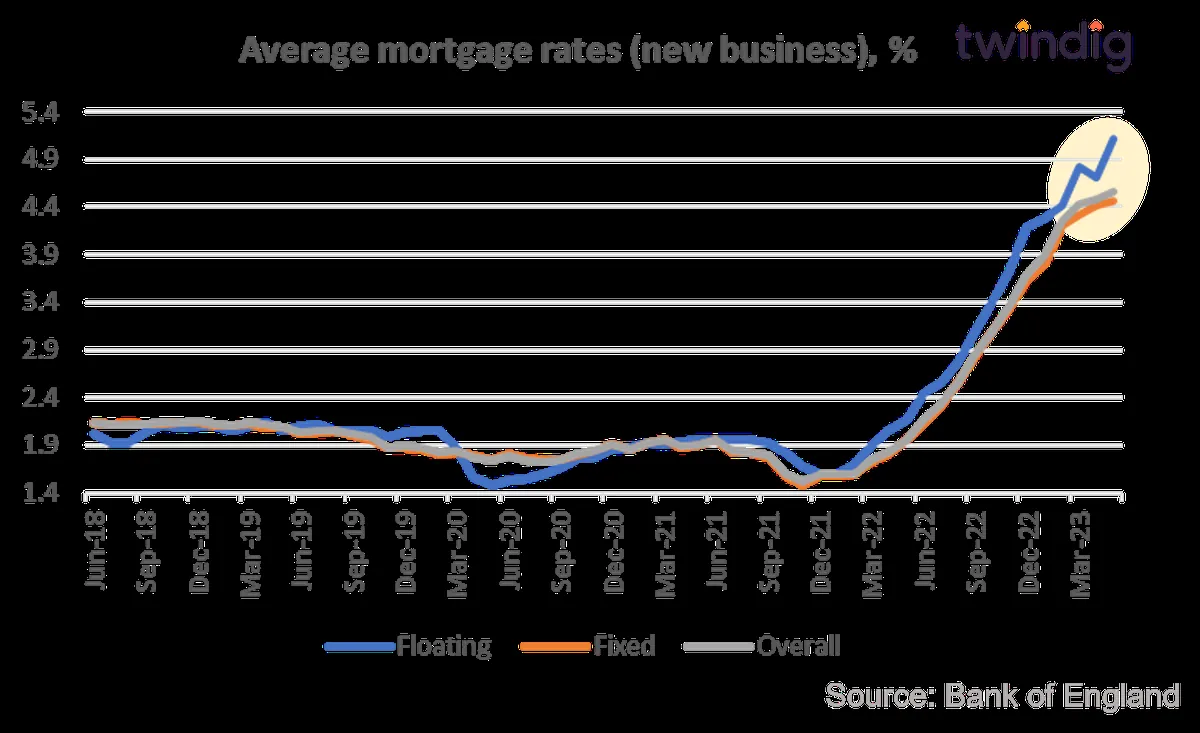Former war reporter tests new memory drug - but what happens next?
A retired journalist with early-stage memory problems joined an experimental drug trial that showed promise. Now hes waiting to see what comes next while staying active with his family

Peter Almond sits at his messy desk in his Surrey homes conservatory working on his memoirs. The 78-year-old ex-journalist started as a trainee about 60 years ago‚ and went on to cover major world events — from the Cold War to conflicts in Bosnia and Afghanistan
His peaceful retirement took an unexpected turn when he fell from a ladder while trimming tree branches (hitting his head on a bird bath). The accident led to tests that showed early memory problems: “Its such a silly thing that happened“ he recalls
I move things around and sort of know where Iʼve put them; but thats nothing new‚ Iʼve always been like that
After getting diagnosed with mild cognitive impairment‚ Almond joined a ground-breaking medical study. The trial lasted 3-yrs and included:
- Monthly IV treatments
- Regular brain scans
- Monitoring of daily activities
- Check-ups at different hospitals
The drug called donanemab seemed to help: “It kept me steady; I definitely wasnt getting any worse“ he explains. However since the trial ended in Sept-24‚ hes unsure what comes next — the treatment isnt yet available through regular medical care
Living with his extended family (including two grown-up sons) Almond keeps busy. He recently finished a London-to-Brighton bike ride for charity and does weekly 5k runs. Despite some challenges with complex tasks like paperwork‚ he maintains an active life-style
His wife Anna‚ a former nurse helps manage day-to-day activities in their multi-generational home. Together they care for their springer spaniel Bella‚ who replaced their previous dog that once joined Peter on a 1215-mile charity walk





























